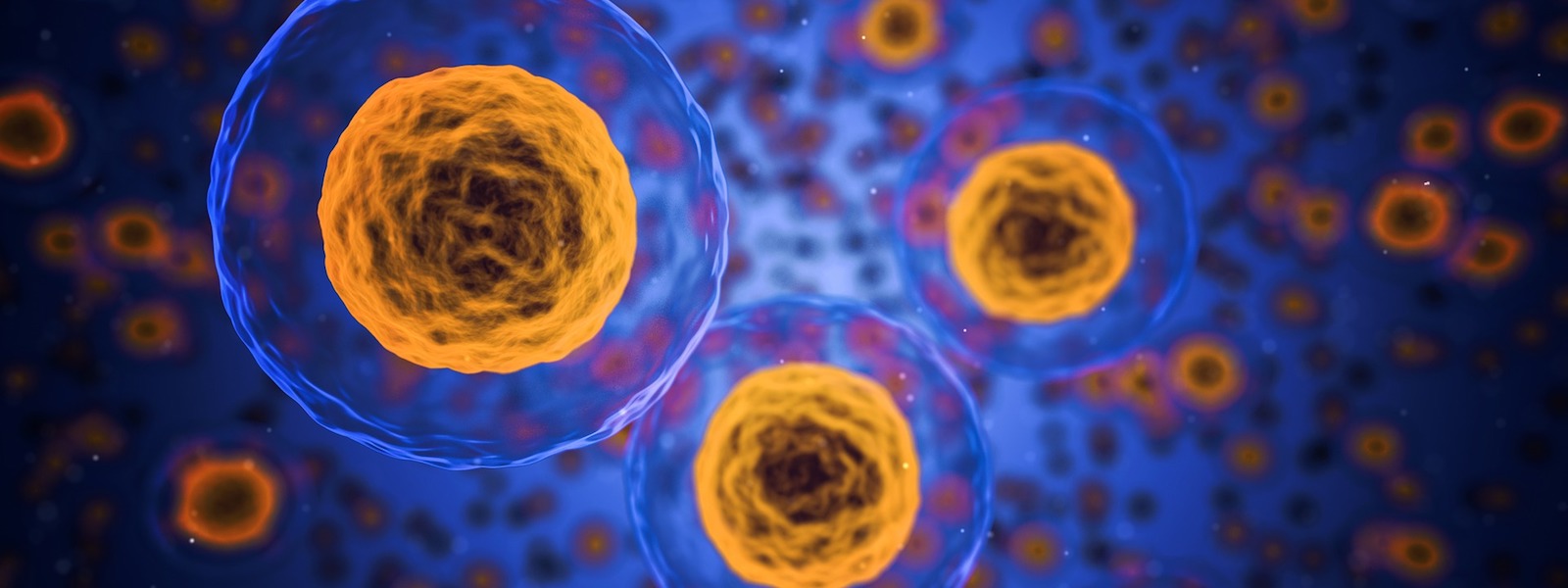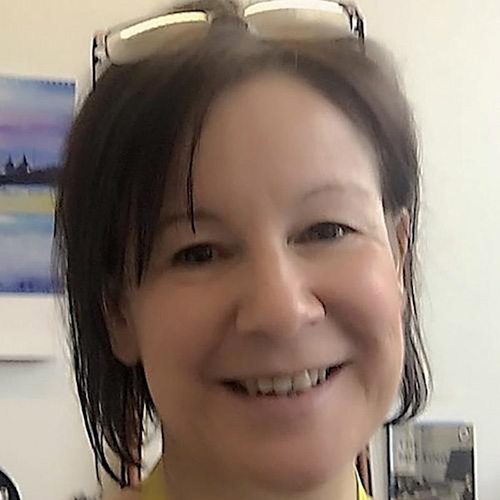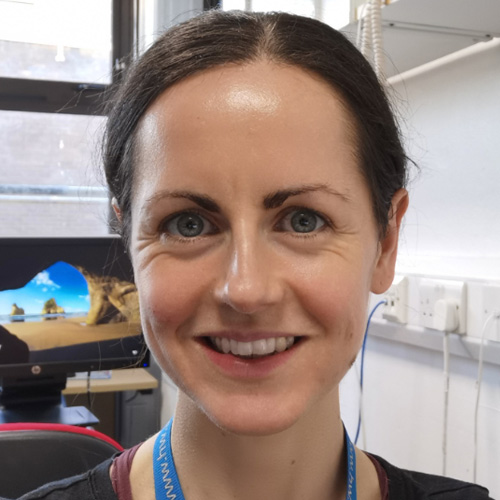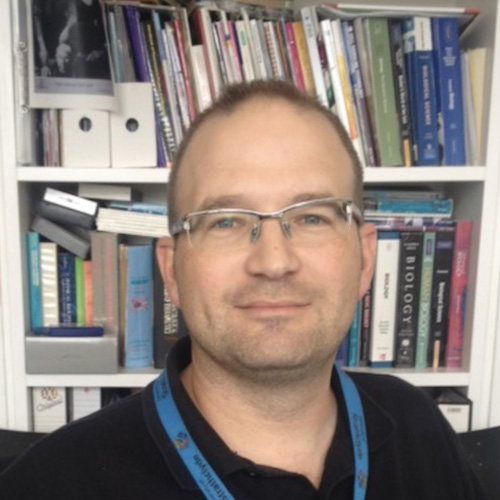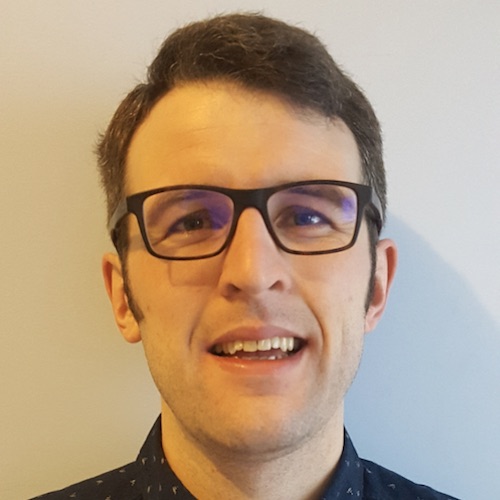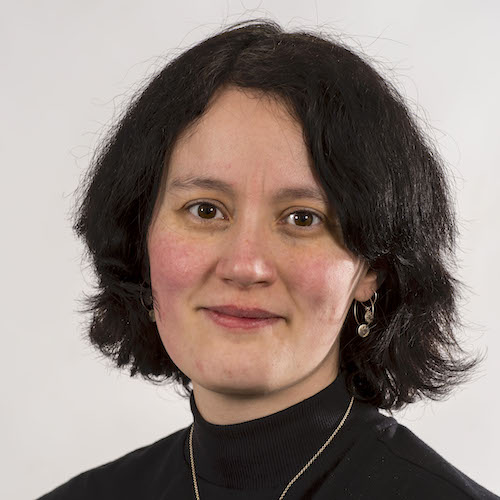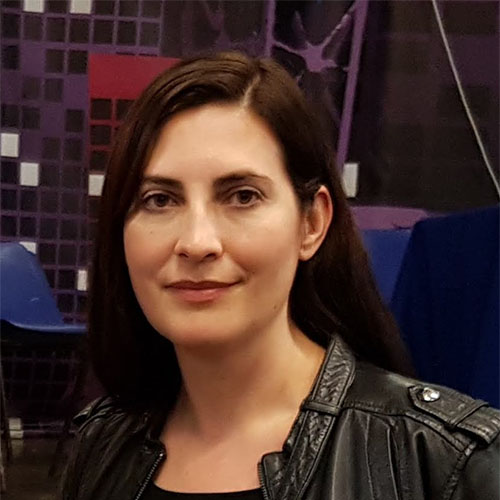Cancer and inflammatory diseases, often associated with ageing, affect millions of people worldwide and can be devastating at an individual level. There is an urgent need to develop new and better therapies to meet this challenge. This is the focus of the Cancer and Inflammation group.
We study molecular and cellular signalling to identify and validate novel targets, for therapeutics development, and the signalling networks underlying disease in relation to multiple cancer types (breast, prostate, glioblastoma, lung, haematological etc.), a range of inflammatory and auto-immune diseases (arthritis, multiple sclerosis, lupus etc.) and infection (Leishmaniasis).
Molecular targets of interest include receptors, enzymes (kinases, phosphatases) and intercellular signal molecules that affect cellular function (proliferation, migration, autophagy, apoptosis, gene expression) and contribute to disease pathology. Examples include protease-activated receptors, lysolipid receptors, inhibitory kappaB kinases, sphingosine kinases, MAP kinases, MAP kinase phosphatases, lipid phosphate phosphatases.
Molecular, pharmacological, genetic and radiological approaches using cellular model systems, including spheroids, novel platform technologies, imaging and ‘omics’ are combined with in vitro molecular and cellular assays, in vivo disease models and clinical sample analysis.
Collaboration
In collaboration (local, national and international), our group develops novel chemical entities and screening/assay platforms for medicines development (and improved use of existing medicines), in partnership with the Pharmaceutical industry, including natural products (such as excretory-secretory protein 62 (ES-62) from Acanthocheilonema viteae), by molecular mimicry and by using rational drug design.
Funding
- BBSRC
- EPSRC
- Arthritis Research UK
- Breast Cancer Now
- British Heart Foundation
- Cancer Research UK
- Prostate Cancer UK
- Medical Research Scotland
- Neuroblastoma Society
- NC3Rs
- Royal Society of Edinburgh
- Scottish Universities Life Sciences Alliance (SULSA)
- Wellcome Trust and Scottish Enterprise
More detail regarding our research can be found below. We welcome enquiries from potential PhD students and scientists seeking post-doctoral research opportunities. Please contact the individual group member directly.
